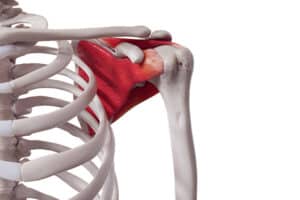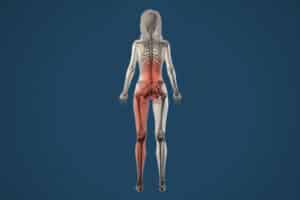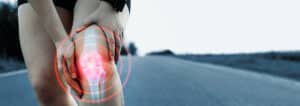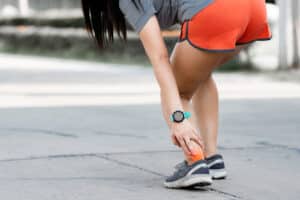Vocational Rehab
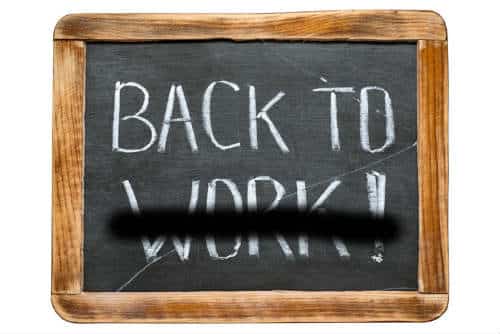
What is Vocational Rehabilitation?
Vocational rehabilitation (or vocational rehab) is defined as a process which enables persons with functional, psychological, developmental, cognitive and emotional impairments or health disabilities to overcome barriers to accessing, maintaining or returning to employment or other useful occupation. People who have suffered a brain injury from a car accident may benefit from Vocational rehab. Vocational rehab can require a number of things such as:
- Assessment and appraisal
- Goal setting
- Support for health conditions
- Referral to other services or service providers
- Career counselling
- Workplace evaluations
Vancouver based Vocational Consultant, Dennis Shaw, from Vocational Solutions (http://www.vocationalsolutions.ca/) says “early intervention is key to a timely and effective return to work”.
What happens during a vocational rehab assessment?
- The assessment looks at questions that arise after employment is interrupted due to an accident, illness, or an injury
- Aptitude testing
- Achievement testing
- Job search assistance
- Making a list of possible career options for someone
- Mood and anxiety inventories (these may influence a return to work)
- Determining the appropriate levels of assistance
Returning to Work
WorkSafeBC notes that if you are injured on the job, one of the best things you can do for your recovery, is to return to work as soon as it is safe to do so. Going back to your daily work and activities can help you to recover more successfully.
According to a 2008 study, published in the Journal of Occupational Rehabilitation, 62 percent of the clients in the study were gainfully employed, after receiving vocational rehabilitation services (U.S. study, using American data).
Being Off Work
Not working can have a number of impacts:
- Not working has shown to have elevated rates of physical and mental health problems
- Can lead to higher levels of depression
- It can be difficult to return to work after a long period of time
- Unemployment can lead to a lower life expectancy
- Can also have impacts on the wider community around you
Positive things about working:
- Working can improve your self-confidence and self-esteem
- Working can bring structure and purpose to your day
- It has shown to be good for physical and mental well-being
- Work can add to your sense of belonging and personal identity
What Happens if You Cannot Go Back to your Original Job?
The first outcome of a vocational rehabilitation assessment is that the accessor would attempt to place you back in exactly the same job that you had before the accident and/or injury.
If that’s not possible, then next steps are taken:
It may be an option, to return to your old workplace, but doing a different role.
The next step would be to look at employment with a new employer. At this point, work is done to create a suitable return-to-work goal.
The ultimate goal is to get you back to suitable, long-term work. Labour market research can be conducted to help establish what type of job would be appropriate.
The research done can determine what kinds of positions exist, and if re-training is needed, and what kinds of retraining. Each type of return-to-work plan is unique and designed specifically for each individual.
Useful resources:
Vocational Solutions Inc. http://www.vocationalsolutions.ca/
WorkSafeBC resources: https://www.worksafebc.com/en/claims/benefits-services/vocational-rehabilitation
The Province of B.C. information on vocational rehabilitation: http://www2.gov.bc.ca/gov/content/employment-business/employment-standards-advice/personal-injury-and-workplace-safety/factsheets/vocational-rehabilitation-5645


